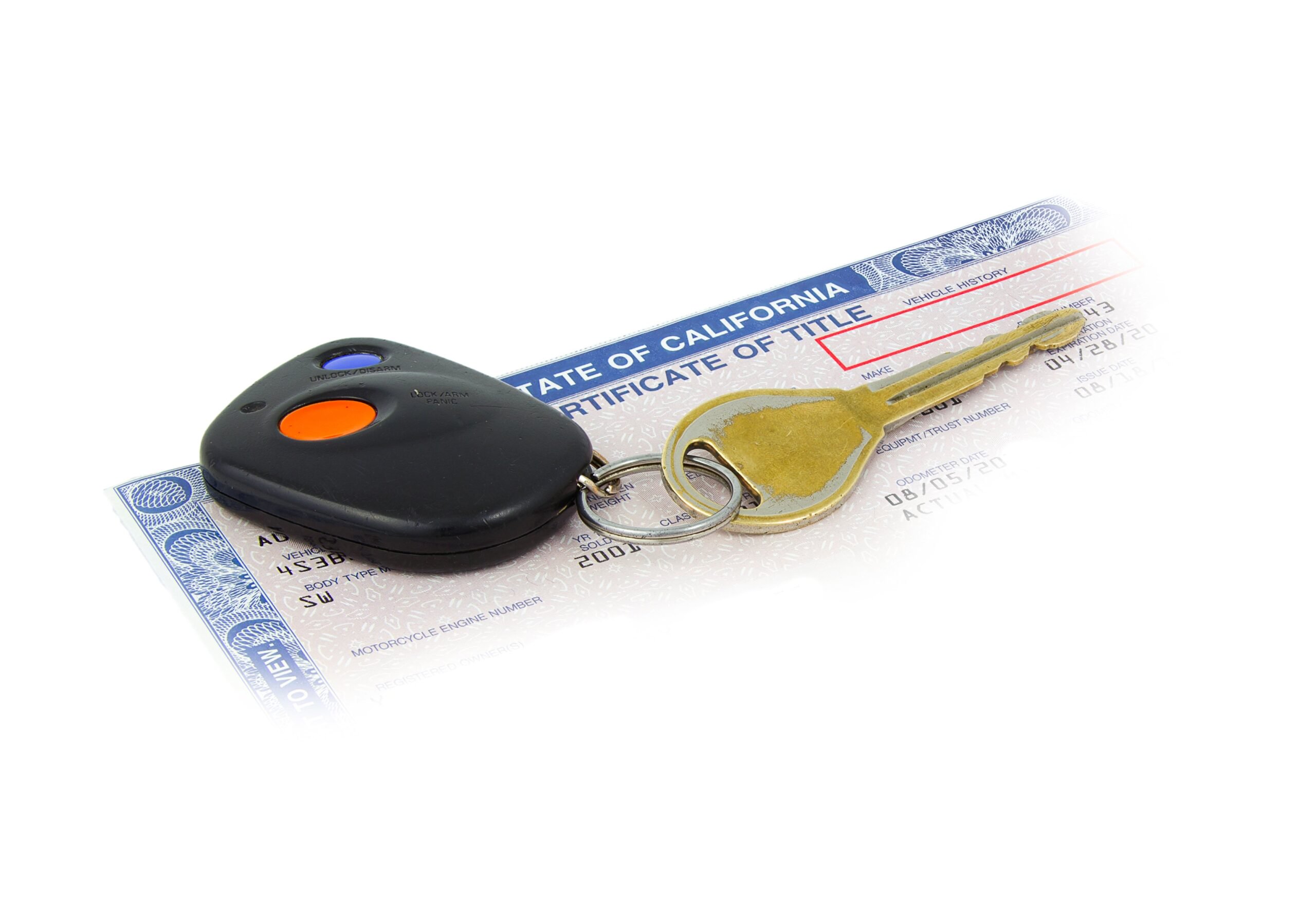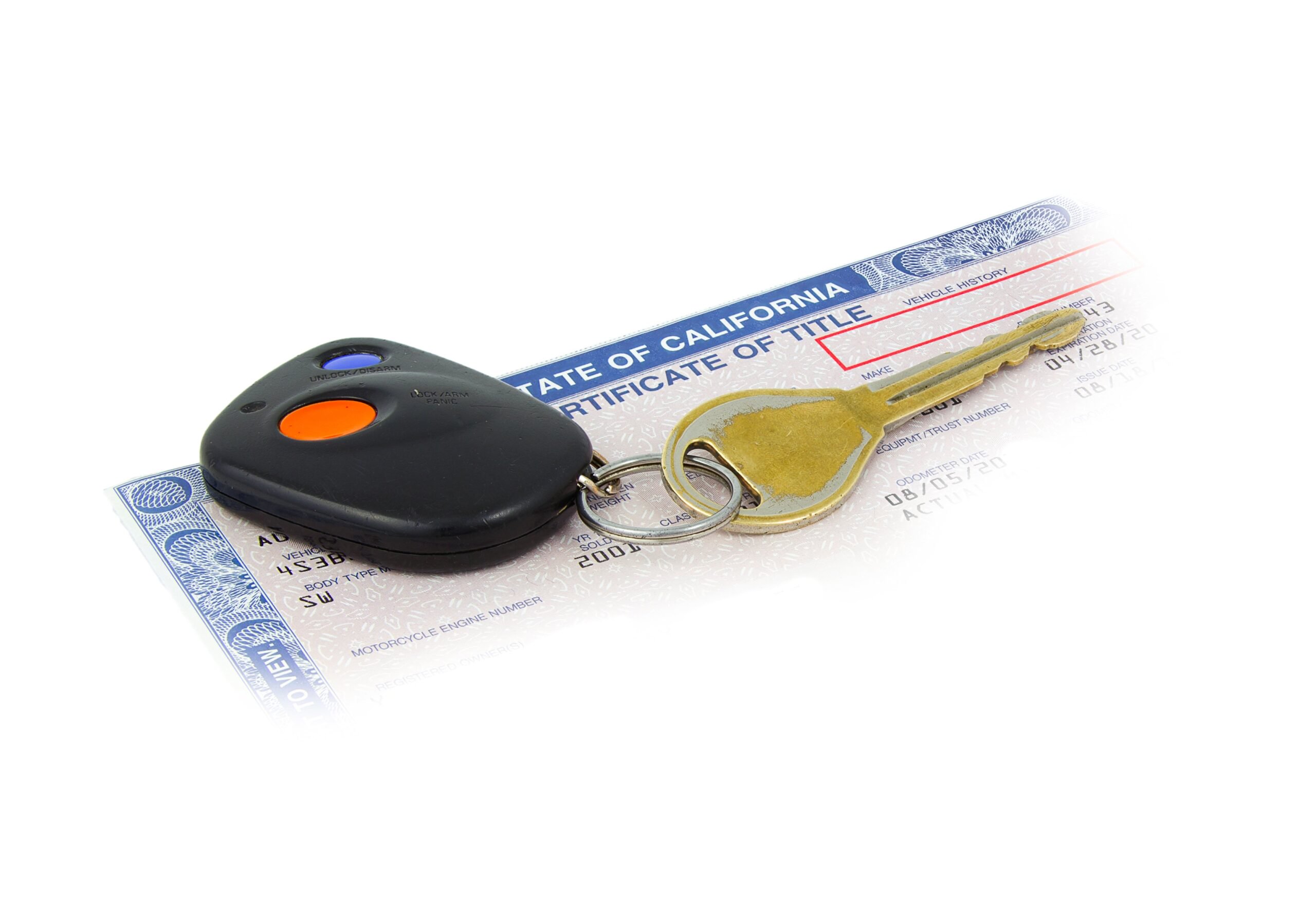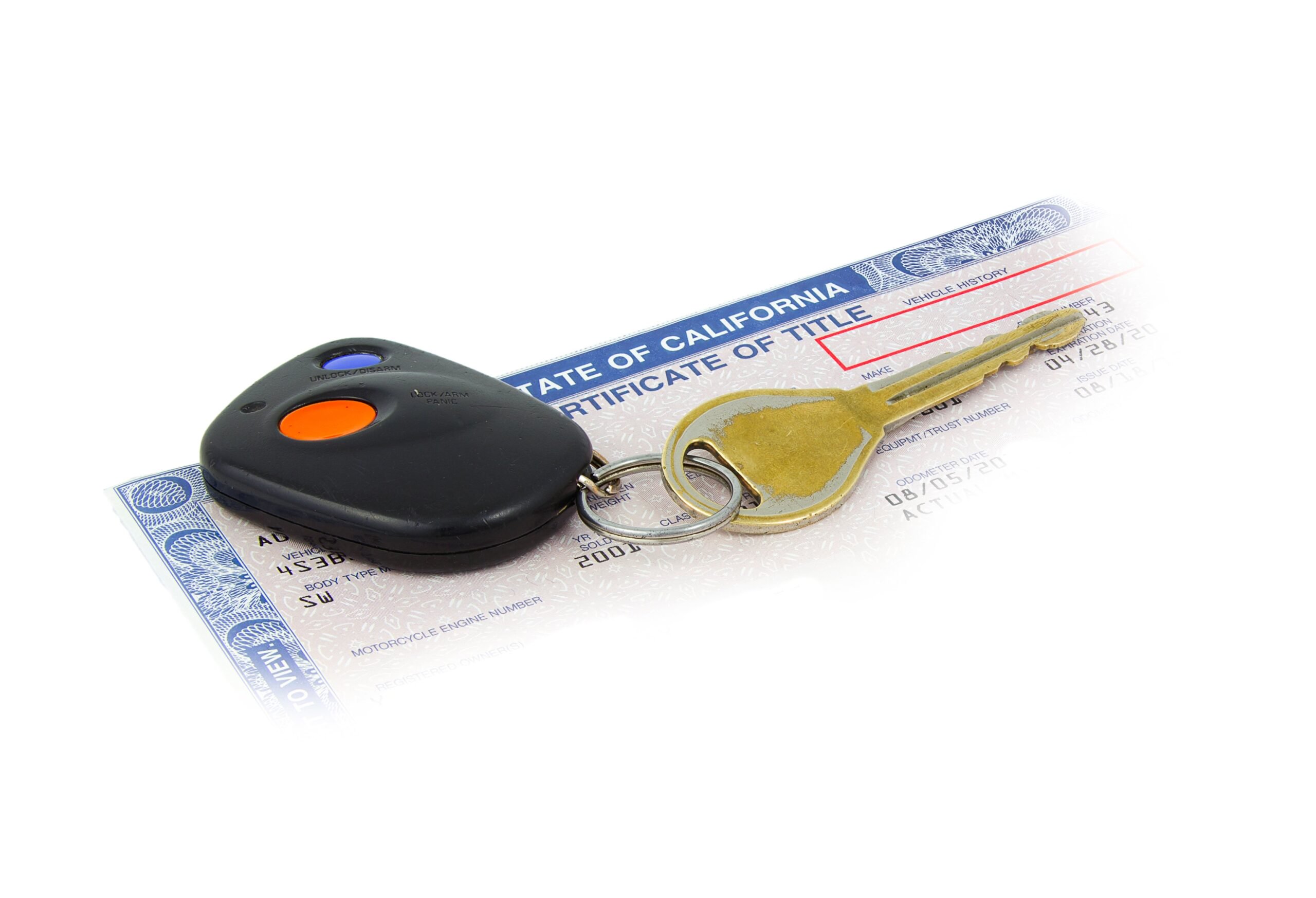
Have you recently purchased a vehicle, but never received the title? Or did you lose the title to your vehicle before transferring it over to your name? If you are a resident of Rhode Island, you aren’t stuck. You might be able to get a Rhode Island Bonded Title to recover ownership of your vehicle.
Short on time? Check out our Bonded Title FAQ page.
What is a Rhode Island Bonded Title?
A Rhode Island Bonded title (also known as a Certificate of Title Surety, Lost Title Bond, or Defective Title Bond) is a document that proves you own your vehicle.
A bonded title is just like a regular title but it is marked “bonded”, meaning that it has a surety bond attached to it.
When you get a bonded title, you are promising that you are the true owner of the vehicle. If someone comes forward later on and says that they are the owner of the vehicle and that you should not have been granted a bonded title, they can make a claim on your surety bond. If the claim is determined to be valid, the surety company would pay the person a fair amount. It would then be your responsibility to repay the surety.
Curious about what would happen if someone made a claim on your bond? Check out this resource.
When You Need a Rhode Island Bonded Title
- You bought a vehicle and didn’t receive a title
- You bought a vehicle and only received a bill of sale
- You bought a vehicle and received an improperly assigned title
- You bought a vehicle, received the original title and lost it before transferring it into your name*
Not sure if you need a bonded title? Check out this awesome infographic.
When You Do Not Need a Rhode Island Bonded Title
*You do not need an RI Bonded Title if you had the original title in your name at one point in time but lost it. In this instance, you can simply get a duplicate/replacement title. Complete an Application for Title form and mail (along with a $51.50 fee) to the Cranston DMV headquarters.
**Note that Rhode Island does not title vehicles model year 2000 and older. If your vehicle is model year 2000 and older and you would like to get documentation of ownership in place of a title, you must provide the Rhode Island Department of Motor Vehicles with the following:
- Bill of Sale
- Valid ID
- Application for Registration and/or Driver License Information
- $11.50 fee
How to get a Rhode Island Bonded Title
Step #1: Contact DMV
Your local DMV is the only entity that can tell you if you are eligible for a bonded title.
Contact your local DMV to make sure you qualify for an RI Bonded Title. They might have you run a vehicle search on your vehicle before starting the process to get a RI Bonded Title.
Step #2: Get vehicle appraised by the Rhode Island Division of Motor Vehicles
Step #3: Purchase a Rhode Island Lost Title Bond
Purchase a bond from a surety bond company. Make sure you apply for the correct bond amount.
The bond amount for your Rhode Island Lost Title Bond must be for one and a half times the appraised value of your vehicle. For example, if your car is appraised by the Rhode Island Division of Motor Vehicles at $2,000 then you will need to secure a $3,000 RI Lost Title Bond.
If your Rhode Island Lost Title Bond amount is less than $6,600 then you’ll only need to pay around $100 for your bond.
Surety Solutions, A Gallagher Company does not issue Certificate of Lost Title Bonds
Before you purchase your title bond – learn important payment info
Step #4: Complete Application for Title
Step #5: Submit
Send application and RI Lost Title Bond to your local Rhode Island Department of Motor Vehicles
Do Rhode Island Bonded Titles expire?
Yes, Rhode Island Bonded Titles expire 3 years after their date of issuance. If no one comes forward during those 3 years and makes a claim against your Rhode Island Lost Title Bond, then you will be issued a standard certificate of title.
You are able to do anything with a bonded title: sell the vehicle, register the vehicle, get insurance for your vehicle, etc. Note that if you choose to sell your vehicle with a bonded title, your name remains attached to the Lost Title Bond, therefore you remain liable for any bond claims that might occur during the 3-year period of the bond.
Related Links:







